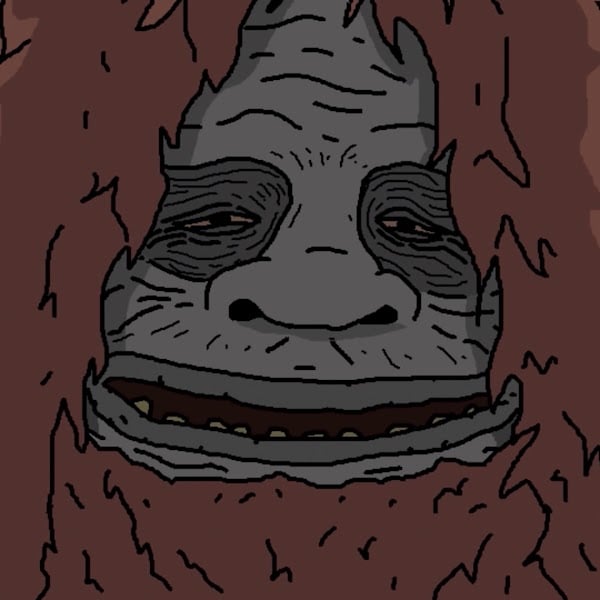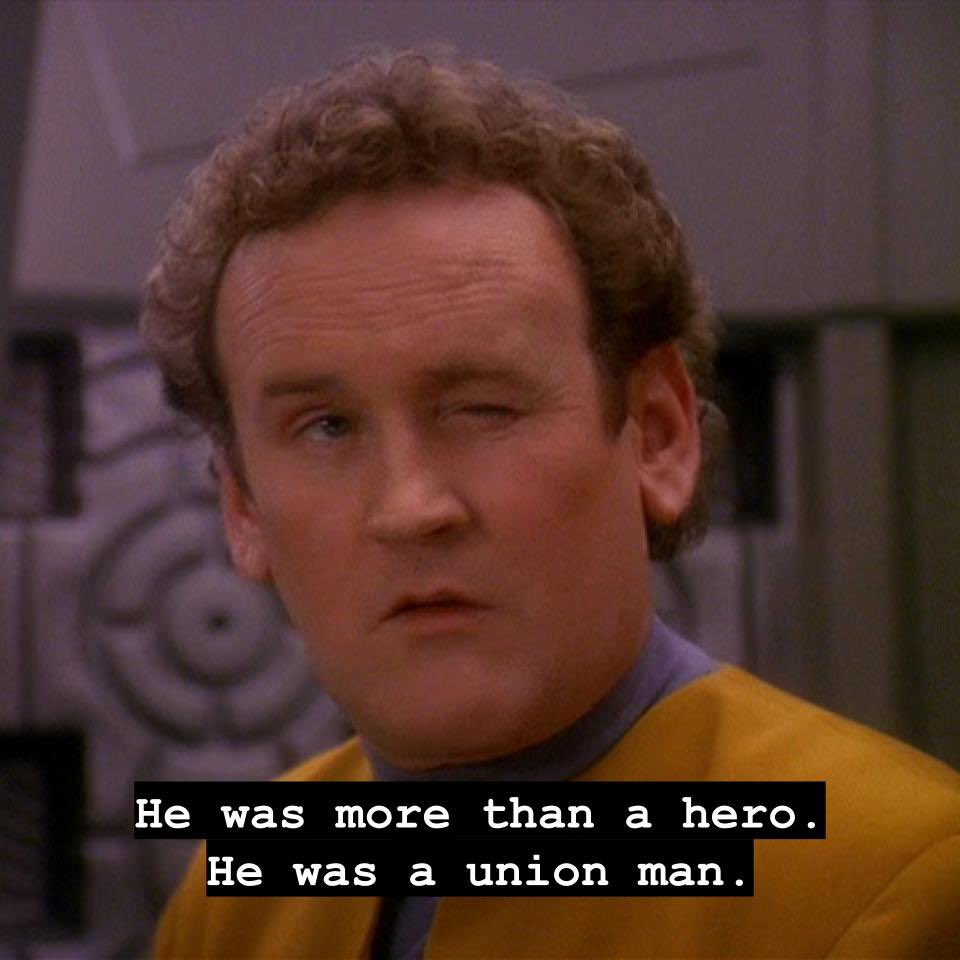Physical seasons, and the modern western calendar, are both based on the sun. Having two moons wouldn’t make a difference there.
Two moons would make the ocean tides more complicated, though.
Perhaps we’d have entirely solar-based calendars with four month-like divisions for the seasons, based on the angle of shadows cast by the Sun (I hear the Mayans had these huge dial things that just counted from 1 to 365) and leap days added onto one season every few years.
You could simply ignore one moon for you calendar. 😄
Seasons could still probably be broken down further than that. A system of 8 solar months would make sense. Basically the times of lots of change in day length vs stable day length.
Also so long as one of the moons continued to roughly correlate to menstrual cycles it would probably have some cultures tell time by it
Many indigenous peoples tell the time of year by the stars rather than the moon. A certain constellation just became visible? Must be X time of year!
Given our propensity to watch the stars and moon, I think we’d figure out some month schedule if we wanted one.
Months really don’t matter all that much because the seasons are still based the Sun and the planets tilt. The days get shorter and longer each day and that’s pretty easy to observe.
(We might actually get a month that makes more sense if we throw out lunar cycles. One that aligns with the week.)
True, it takes 28 days for the moon to orbit us and yet only one of our months is actually 28 days long (and even then it’s 29 if the year’s a multiple of 4). Every other month is either 30 or 31 days long.
Earth’s moon is notably big. Relative to the size of its parent planet, it’s easily the biggest* in the solar system (or second biggest if you Stan Pluto as a planet). If there was a second moon, it would likely be a lot smaller. So, I don’t think it would have much practical effect on things like tides or timekeeping. It would still have cultural significance in things like mythology and astrology. If we could observe moon-moon interactions we might have discovered gravity earlier.
/* in absolute size, there are a couple of larger moons, but they’re moons of giant planets so Luna still wins in relative size.
@Epicurus0319 solstice and equinox my dude.
We’d have two Mondays. Nothing good can come of this.
NOOOOOO
Stars, the sun, and, if they change, seasons. The moon is a nice guide from month to month but it’s not really used to keep track of time over a year. Usually there’s 12 full moons, but sometimes it’s 13. The stars have long been used as a time-keeping constant and the path of the sun too. With the Earth’s axial tilt, everywhere on the planet sees variation in where the sun rises, peaks, and sets - even at the equator. The visible constellations vary through the year and are what we still use to measure Earth’s position (and therefore the date).
The date is a position in orbit. The time is a direction you face. Our measure of time isn’t arbitrary
We use the sun:
Our fantasy world artist would make worlds with three moons instead of two. Who knows they might even think having one moon would be cool.
I think that technically we have two ‘moons’ already. Just that the other one is super small and doesn’t really have much effect on the planet.
Sorry that this didn’t answer your question, and feel free to correct me if I’m wrong.
We only have one moon of any size that we know of - earth temporarily captures asteroids a lot, but they’re not in a long-term stable orbit and so only orbit the earth for a few years before escaping
There’s a good gif on this page: https://en.m.wikipedia.org/wiki/2020_CD3
Thanks for the heads-up. It would appear I was wrong.
I believe this is what they’re talking about https://www.businessinsider.com/puzzling-near-earth-asteroid-chunk-moon-dangerous-space-rocks-2023-10
I’ve heard people describe the asteroid Cruithne as earth’s second moon (the chat show QI did a bit on it, and it’s in a Steven Baxter novel). But I think that’s kind of a misleading description - it orbits the sun not the earth, just in a way that regularly syncs up with the earth’s orbit.








